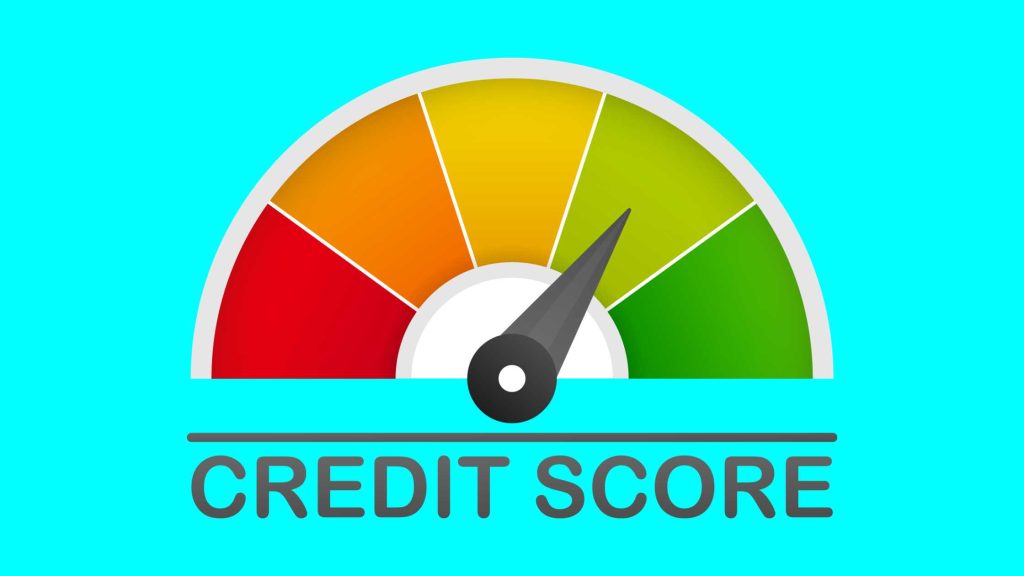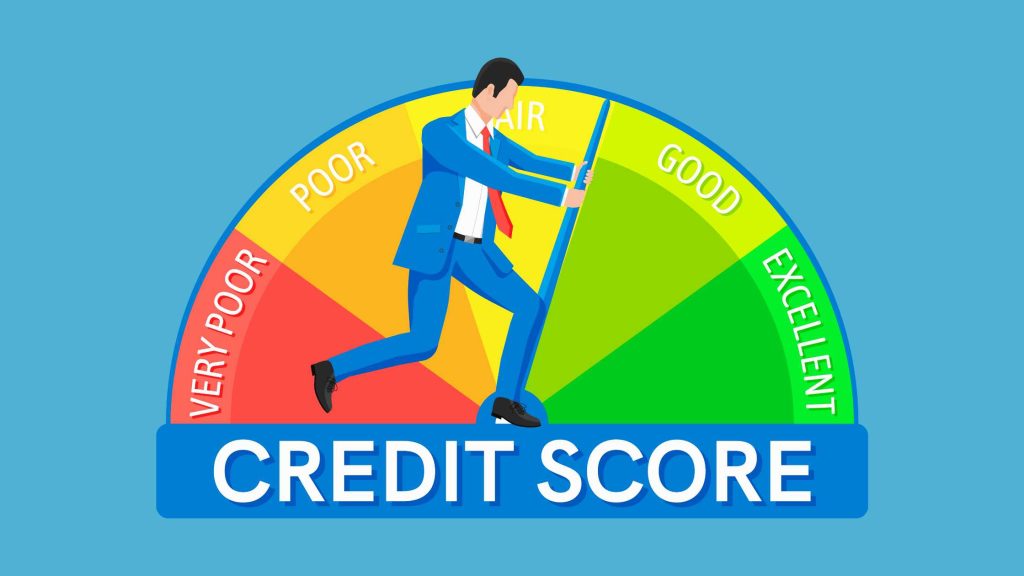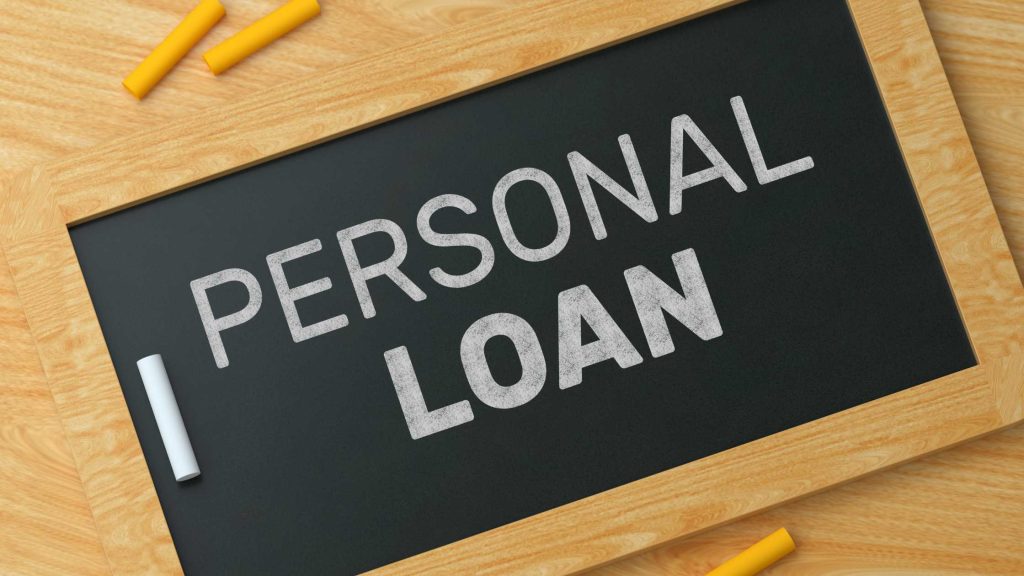What is the Minimum Credit Score Required For a Personal Loan? – Comprehensive Guide 2024
Minimum Credit Score : When it comes to borrowing money, particularly personal loans, a crucial factor that lenders consider is your credit score. This three-digit number determines your creditworthiness and directly impacts your ability to secure a loan, as well as the interest rates you will be offered.
Table of Contents
Therefore, understanding what a credit score is, how it affects loan applications, and how to improve it is essential for anyone considering a personal loan.
What is a Credit Score?

A credit score is a numerical representation of your creditworthiness, calculated based on your credit history. This score, typically ranging from 300 to 900, is used by lenders to assess the risk of lending money to an individual. The higher the score, the lower the risk for the lender. Conversely, a lower score signals to lenders that you may not have a reliable history of repaying debts, making them less likely to approve your loan application.
Credit scores are generated by credit bureaus, including TransUnion CIBIL, Equifax, Experian, and CRIF High Mark. These agencies collect data on an individual’s credit usage, payment history, outstanding debts, and credit inquiries. This information is then used to generate the credit score, which is one of the most critical factors considered by banks and financial institutions when evaluating loan applications.
The Credit Score Range
Understanding the different ranges of credit scores can help you better evaluate where you stand and what kind of loan terms you can expect:
- 300-549 – Poor Score: This is a low score range, indicating a poor credit history. Applicants with scores in this range are more likely to have their personal loan applications rejected, as they may pose a high risk to lenders. Individuals in this range should focus on improving their credit score before applying for a loan.
- 550-699 – Average Score: With a score in this range, you may qualify for a personal loan, but you are likely to face higher interest rates and less favorable loan terms. While not a rejection, this score signifies that the lender will view you as a moderate-risk borrower.
- 700-749 – Good Score: A score in this range significantly increases your chances of loan approval. You are likely to be offered competitive interest rates and better terms, as lenders consider you a low-risk borrower.
- 750-900 – Excellent Score: This is the ideal score range for borrowers. If your score falls within this range, you will likely enjoy easy loan approval, lower interest rates, and more flexible loan terms. Lenders will trust that you have a track record of responsible credit management, which makes you a reliable borrower.
The Minimum Credit Score Required for a Personal Loan
The minimum credit score required for a personal loan in India typically falls between 650 and 750. Many banks and financial institutions prefer applicants with a score of 750 or above, as this demonstrates a strong credit history and financial reliability. However, it is important to note that lenders may still approve personal loans for individuals with lower credit scores, but these borrowers are likely to face higher interest rates and less favorable terms.
While having a high credit score increases your chances of loan approval, a lower score does not automatically disqualify you. Some lenders may consider factors such as income, employment history, and debt-to-income ratio when evaluating your application. Nonetheless, maintaining a good credit score should remain a priority for those seeking the best loan terms.
Factors Affecting Your Credit Score
Several factors contribute to the calculation of your credit score. Understanding these factors can help you take the necessary steps to improve or maintain your score before applying for a personal loan.
- Repayment History (35%): The most critical factor in determining your credit score is your repayment history. This includes timely payments on loans, credit cards, and bills. Late payments, defaults, or missed payments can have a significant negative impact on your score. Ensuring that all bills and EMIs (equated monthly installments) are paid on time is essential for maintaining a high score.
- Credit Utilization Ratio (30%): This refers to the percentage of your available credit that you are currently using. A high credit utilization ratio indicates that you may be over-relying on credit, which can negatively impact your credit score. Financial experts recommend keeping your credit utilization ratio below 30%. If you are using more than this percentage, it could signal to lenders that you are struggling financially and may be a high-risk borrower.
- Length of Credit History (15%): Lenders prefer borrowers who have a long track record of credit management. A longer credit history gives them a better understanding of how well you manage debt over time. For this reason, individuals with a longer credit history tend to have higher scores, as it provides more data points to prove their reliability.
- Credit Mix (10%): A diverse mix of credit types can positively impact your credit score. Lenders like to see that you can manage different forms of credit responsibly, such as secured loans (home loans, car loans) and unsecured loans (personal loans, credit cards). A good mix indicates that you can handle various credit products without overextending yourself.
- Number of Credit Inquiries (10%): Each time you apply for credit, the lender makes an inquiry into your credit report. While this does not affect your score significantly, frequent credit inquiries within a short period can signal to lenders that you are struggling financially, and it may temporarily lower your score. To avoid this, limit the number of loan or credit card applications you make in a short time frame.
How to Improve Your Credit Score

If your credit score is not where it needs to be to qualify for a personal loan with favorable terms, don’t worry – there are steps you can take to improve it.
- Pay Your Bills on Time: Timely payment of bills is the most significant factor in improving your credit score. Ensure that all of your loan EMIs, credit card bills, utility bills, and other payments are made on or before their due date. Consider setting up automatic payments or reminders to avoid missing deadlines.
- Reduce Your Existing Debt: Reducing your outstanding debts will help improve your credit utilization ratio, which is another critical factor in your credit score. Try to pay down credit card balances or other loans, especially those that are near their credit limits. The lower your debt, the better your credit score will be.
- Check Your Credit Report Regularly: Monitoring your credit report regularly can help you identify any discrepancies or errors. Incorrect information on your credit report, such as a missed payment that you actually made, can hurt your score. Dispute any inaccuracies with the credit bureau immediately to have them corrected.
- Limit New Loan Applications: Avoid applying for multiple loans or credit cards in a short period. Each application generates an inquiry into your credit report, which can reduce your score. If you are planning to apply for a personal loan, try to limit other credit inquiries for at least six months before you submit your application.
- Consider a Secured Loan: If your credit score is too low to qualify for a personal loan, consider applying for a secured loan. These loans are backed by collateral, such as a car or a house. Because the lender has the assurance of collateral, they may be more willing to approve your loan application, even if your credit score is not ideal.
How to Take a Personal Loan Smartly
Taking a personal loan can be a valuable financial tool when used wisely. However, it’s essential to approach it strategically to ensure that it works to your advantage.
- Evaluate Your Loan Requirements: Before applying for a personal loan, assess how much money you need and how long you will need to repay it. Borrowing more than you need can result in unnecessary interest payments, so be sure to borrow only what is necessary.
- Compare Lenders and Loan Offers: Interest rates, processing fees, and loan terms can vary significantly between lenders. Shop around and compare offers from multiple banks or financial institutions before settling on a loan provider. Look for loans with competitive interest rates, flexible repayment terms, and minimal fees.
- Read the Fine Print: Always read the loan agreement thoroughly before signing. Pay attention to hidden fees, prepayment penalties, and other charges that could add to the overall cost of the loan. Make sure you understand the full terms of the loan, including any penalties for late payments or early repayment.
- Have a Repayment Plan: Before taking a personal loan, ensure that you have a clear repayment plan in place. Determine how you will make your monthly payments and stick to that plan. Having a stable income and budgeting properly can help you avoid financial strain and ensure that you make timely payments.
- Use the Loan Responsibly: Only use the personal loan for its intended purpose. Taking out a loan for frivolous spending or non-essential purchases can lead to financial difficulties in the future. Use the funds wisely to achieve your financial goals, such as consolidating debt, paying for medical expenses, or funding a home improvement project.
Minimum Credit Score – Conclusion

A good credit score is an essential factor in securing a personal loan with favorable terms. Understanding what makes up your credit score and how it affects your loan application can help you make informed decisions. By maintaining a healthy credit history, paying bills on time, and keeping your credit utilization low, you can improve your credit score and increase your chances of loan approval.
Buy Now :: Beginner to Advanced Option Trading Strategy
Additionally, when taking a personal loan, it’s important to evaluate your financial needs, shop around for the best loan offers, and ensure that you can meet the repayment obligations. By doing so, you can take a personal loan smartly and use it as a tool to achieve your financial goals.
Keywords : Minimum Credit Score – Minimum Credit Score 2024 – Minimum Credit Score 2025



